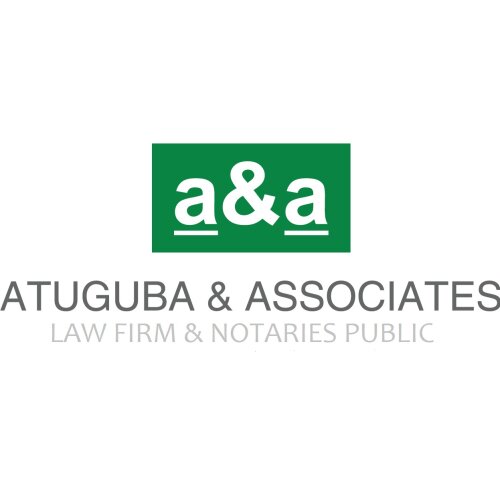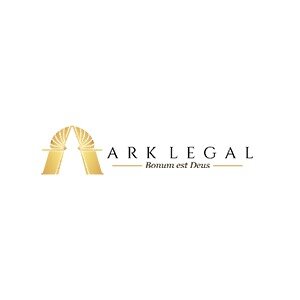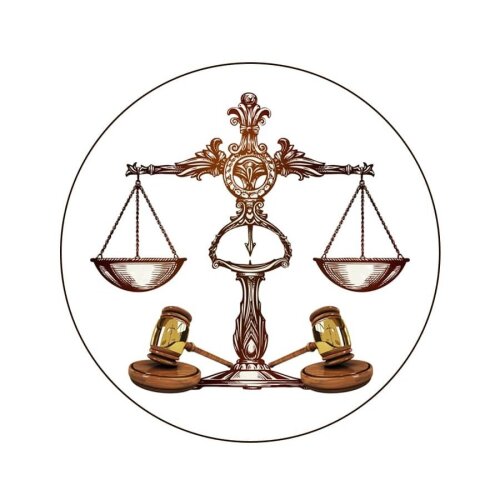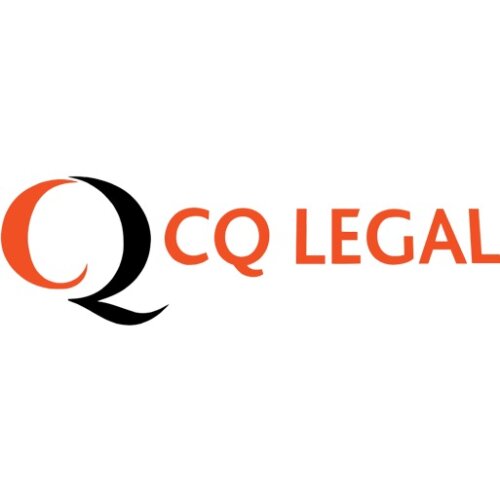Best Tax Lawyers in Ghana
Share your needs with us, get contacted by law firms.
Free. Takes 2 min.
Or refine your search by selecting a city:
List of the best lawyers in Ghana
About Tax Law in Ghana
Tax law in Ghana encompasses the legal regulations and procedures governing the taxation system in the country. The Ghana Revenue Authority (GRA) is the primary institution responsible for tax administration. Taxes are crucial in supporting government functions and the economy, including corporate income tax, personal income tax, value-added tax (VAT), customs and excise duties, and other levies. The tax system seeks to balance revenue collection with incentives to promote investment and growth.
Why You May Need a Lawyer
There are several scenarios where seeking legal assistance on tax matters is advisable. You may need a lawyer if you are starting or expanding a business and need advice on tax compliance, facing tax disputes or audits from the GRA, require assistance with filing taxes accurately, or need guidance on tax credits and incentives. A lawyer can provide clarity, ensure compliance with the law, and help avoid penalties or legal issues.
Local Laws Overview
In Ghana, several important laws govern taxation, including the Income Tax Act, 2015 (Act 896), the Value Added Tax Act, 2013 (Act 870), and the Customs Act, 2015 (Act 891). Some key aspects include:
- Corporate tax rate: The standard corporate tax rate is 25%, but sectors like mining and financial institutions may have different rates.
- Personal income tax: This is progressive, with rates ranging from 0% to 30% depending on income levels.
- Value-added tax (VAT): The VAT rate is typically 12.5%, but there are certain goods and services exempt from VAT.
- Tax incentives: There are various incentives available for businesses in sectors such as agriculture and manufacturing.
- Withholding taxes: These apply to dividends, interests, royalties, and other specified payments.
Frequently Asked Questions
What types of taxes are businesses required to pay in Ghana?
Businesses are required to pay corporate income tax, value-added tax (VAT), withholding tax, and in some cases, customs and excise duties.
How is VAT applied in Ghana?
VAT is typically levied at 12.5% on the supply of goods and services. Some goods and services are exempt or zero-rated under specific conditions.
What should I do if I'm audited by the GRA?
If audited, it's advisable to compile all relevant documentation and records, and consider consulting a tax lawyer to ensure compliance and navigate any issues effectively.
Are there penalties for late tax filing?
Yes, late filing or payment can attract penalties and interest. It's important to file taxes accurately and on time to avoid such penalties.
Can foreign companies obtain tax incentives in Ghana?
Yes, foreign companies can benefit from various tax incentives especially if they invest in priority sectors designated by the government, such as technology and agriculture.
Are personal gifts subject to taxation?
Yes, personal gifts may be subject to tax depending on their nature and value, though certain thresholds and exemptions apply.
How can I verify if a tax consultant is qualified?
Verify their registration with relevant professional bodies like the Chartered Institute of Taxation, Ghana, and request professional references or reviews.
Is there a tax treaty between Ghana and other countries?
Ghana has double taxation agreements with several countries, helping to avoid double taxation of the same income. It's advisable to consult a tax professional to understand specific treaty provisions.
What is the threshold for mandatory tax filing for individuals?
All individuals earning income above the tax-free threshold must file annual tax returns. The specific threshold can vary; check with the GRA for current figures.
How often does the tax code change?
The tax code can change annually, often influenced by fiscal policies in the national budget. Staying informed of these changes is crucial for compliance.
Additional Resources
For legal advice and information on tax in Ghana, consider consulting the following resources:
- Ghana Revenue Authority (GRA): The official website provides comprehensive information on tax laws and procedures.
- Ministry of Finance: Offers insight into fiscal policies and amendments to tax regulations.
- Professional Bodies: Organizations like the Chartered Institute of Taxation, Ghana, can provide resources and access to qualified professionals.
- Tax Law Firms: Local law firms specializing in tax law can provide personalized legal assistance.
Next Steps
If you require legal assistance regarding tax issues in Ghana, consider the following steps:
- Identify your specific needs and the nature of the tax issue.
- Compile all relevant documents and records concerning the tax matter.
- Seek referral or research qualified tax lawyers or law firms with a strong track record in handling tax-related issues.
- Schedule consultations to discuss your case and obtain an understanding of potential solutions and costs.
- Ensure the lawyer you choose is registered and experienced in Ghanaian tax law.
Acting promptly and seeking professional advice can greatly enhance your approach to dealing with tax matters legally and efficiently.
Lawzana helps you find the best lawyers and law firms in Ghana through a curated and pre-screened list of qualified legal professionals. Our platform offers rankings and detailed profiles of attorneys and law firms, allowing you to compare based on practice areas, including Tax, experience, and client feedback.
Each profile includes a description of the firm's areas of practice, client reviews, team members and partners, year of establishment, spoken languages, office locations, contact information, social media presence, and any published articles or resources. Most firms on our platform speak English and are experienced in both local and international legal matters.
Get a quote from top-rated law firms in Ghana — quickly, securely, and without unnecessary hassle.
Disclaimer:
The information provided on this page is for general informational purposes only and does not constitute legal advice. While we strive to ensure the accuracy and relevance of the content, legal information may change over time, and interpretations of the law can vary. You should always consult with a qualified legal professional for advice specific to your situation.
We disclaim all liability for actions taken or not taken based on the content of this page. If you believe any information is incorrect or outdated, please contact us, and we will review and update it where appropriate.
Browse tax law firms by city in Ghana
Refine your search by selecting a city.

















